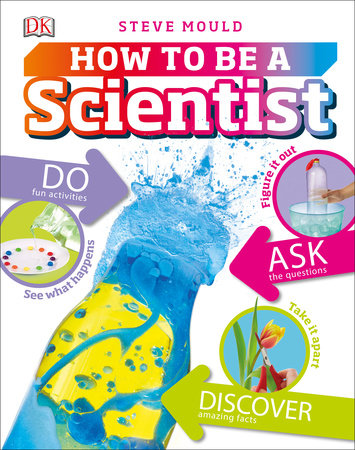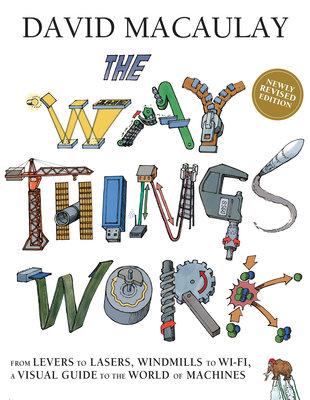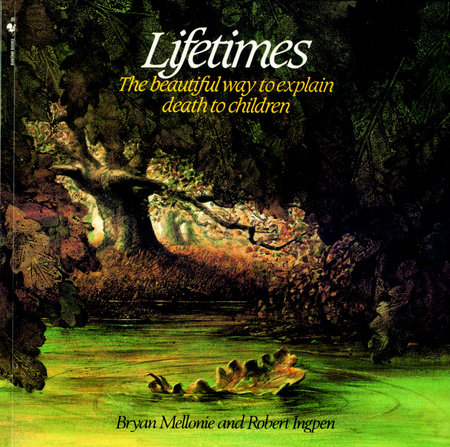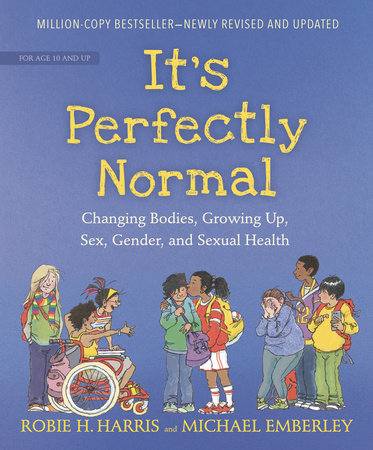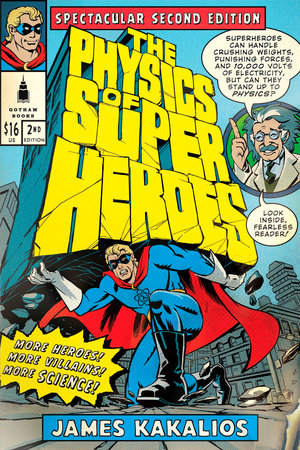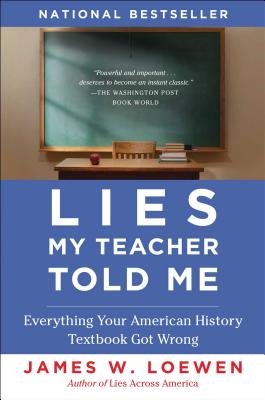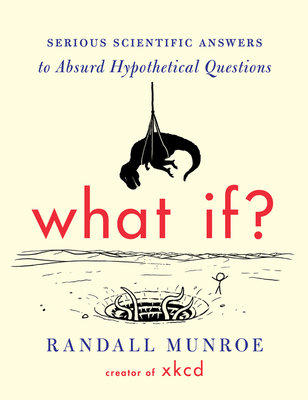7 Books That Help Parents Explain All the Things We Don’t Know How to Explain
by Tom Burns
When you become a parent, there’s an expectation that you’ll be able to answer a whole lot of difficult questions for your kids. Which isn’t really fair.
I have a B.A. in English, so how am I in any way qualified to explain internal combustion engines, sexual reproduction, and/or the complexities of death to my daughter?
I am not the ideal candidate to be providing those kinds of answers and yet, when my daughter looks up at me, with a curious expression on her face, and asks me an honest question that shows that she’s genuinely interested in the world around her… what am I supposed to do? Shrug and say “I dunno”? Hand her my phone and tell her to go on Wikipedia? I don’t think so.
Fortunately, thanks to that bachelor’s in English, when I’m presented with those situations, I know exactly what to do — I go get a book.
So, as a service to all the parents out there who are frantically trying to explain why the sky is blue, here are seven really remarkable books that can help you explain everything from puberty to mortality to all the esoteric things in between to your children.
-
How to Be a Scientist
What’s the best way to teach kids anything? Letting them get their hands dirty. Interactive learning is an amazing educational technique and … to be honest … it totally gets you off the hook when it comes to explaining things. That’s the genius of How to Be a Scientist. It presents kids with 40 fun, engaging experiments they can do to learn more about the nature of the universe AND it teaches them all about scientific concepts along the way (so you don’t have to). As an added bonus, as you watch your kids do an experiment that explains why mold grows, you can note their conclusions and pass them off as your own knowledge if you ever have another kid. (Score!)
-
The Way Things Work Now
David Macaulay is the patron saint of explaining things. His gorgeous (and, frankly, genius) books cast a critical eye at the world around us and offer detailed descriptions of almost everything that’s more complex than the wheel. So if your kid is asking questions about how your wifi works or how a skyscraper is built, you can sit them down with The Way Things Work Now and find out the answers together.
-
Lifetimes: The Beautiful Way to Explain Death to Children
Available from:Some things are harder to explain to kids than others. Case in point — death. One of the hardest things a parent will have to do is gently guide their kids through their realization of their own mortality (and your mortality too). Fortunately, there are books that can help. I found Lifetimes when my daughter was plagued with death questions following the passing of a family pet and it helped enormously. It explains death in a very beautiful, natural way that introduces your child to the idea of the circle of life with a gentle, welcoming tone. A wonderful introduction to a hard topic that parents of any background and faith can embrace.
Also available from: -
It's Perfectly Normal: Changing Bodies, Growing Up, Sex, and Sexual Health
Available from:Okay, maybe the only thing harder to explain to kids than death is puberty. Because … ew. Explaining hormones, private parts, and getting hair in unexpected places can be an awkward conversation for everyone involved, which is why books like It’s Perfectly Normal are a godsend to parents. It’s part puberty primer/part reference book that allows you to sit down with your kid and get informed about uncomfortable topics together. (Or, fortunately, the book is accessible enough that your kid can sit down with it themselves and hit you up with questions later.)
Also available from: -
The Physics of Superheroes
Available from:Thankfully, not all of your kid’s questions will deal with sex and death. Some of them will revolve around even more important topics like “How can Superman fly?” or “Why doesn’t The Flash burn up from friction when he runs that fast?” Author James Kakalios does an amazing job of collecting all of the “But how could they…” questions that kids nerd-out about when discussing their favorite superheroes and actually delivering thoughtful, science-based answers. If you want to introduce some STEM into your kid’s nightly comic book time, this book is a great way to do it.
Also available from: -
Lies My Teacher Told Me: Everything Your American History Textbook Got Wrong
This book skews older — perfect for high schoolers (and maybe particularly inquisitive, older middle-schoolers) — but it will start some fantastic critical discussions with your history-loving kid. The premise of the book is simple: A professor surveyed 18 well-known American history textbooks and found them filled with errors, biases, and a few outright lies. So James Loewen walks us through the “popular version” of American history and explains why so many of the historical facts kids learn in school wouldn’t exactly hold up on Snopes.com. If your kid comes home with some hard questions about the Puritans after their annual Thanksgiving pageant, this is an excellent resource to have in your home.
-
What If?: Serious Scientific Answers to Absurd Hypothetical Questions
This is a fun one, though it might be a little too frank for anyone eighth grade or younger. Randall Monroe, creator of the popular xkcd web comic, has assembled a remarkable anthology of hypothetical questions. The kind of questions we all (kids especially) find ourselves wondering on long, lonely nights. Like “What would happen if the planet stopped spinning?” or “What would happen if you tried to hit a baseball travelling at almost the speed of light?” Fair warning, many of the answers end with the participants of the scenario dying horribly, but his light, friendly tone and incredibly informative explanations turn What If? into more of a discussion starter than a discussion ender.
What other fact-based books have you enjoyed sharing with your kids (or reading yourself)?

